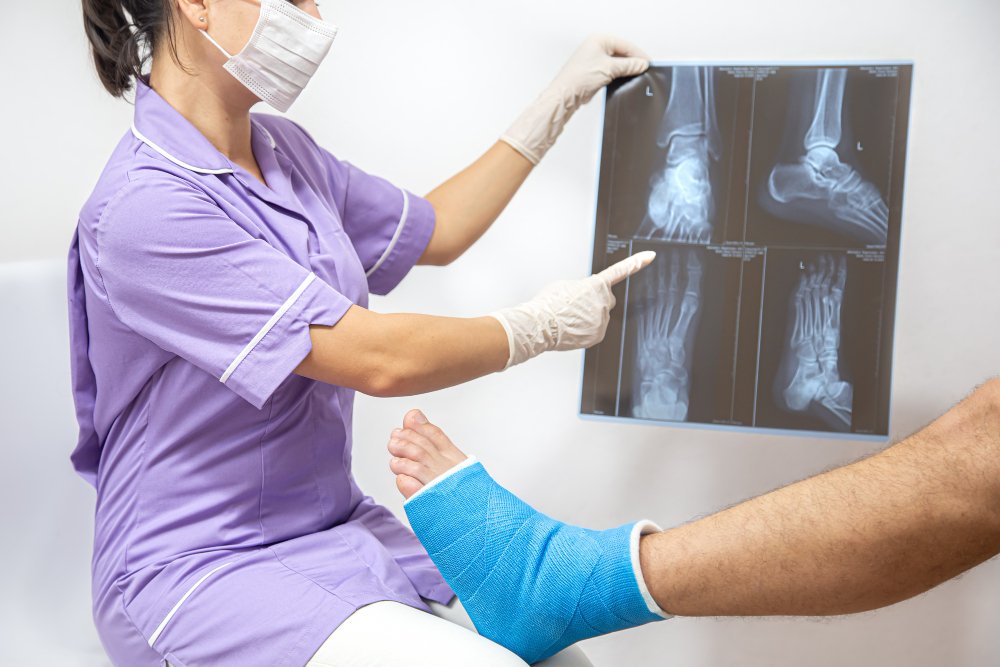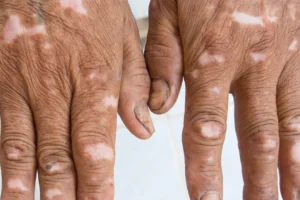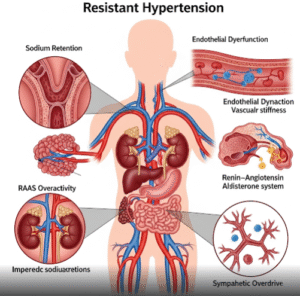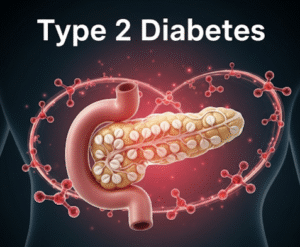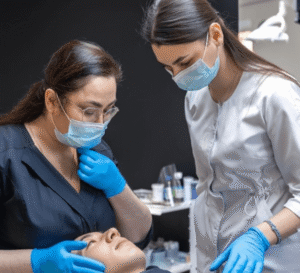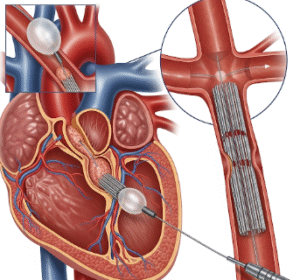Overview
Systemic lymphedema refers to widespread swelling caused by the accumulation of lymphatic fluid in tissues throughout the body. Unlike localized lymphedema, which typically affects a limb, systemic lymphedema involves multiple areas and may indicate an underlying systemic condition. It can cause discomfort, reduced mobility, and increased risk of infections.
What is Systemic Lymphedema?
Systemic lymphedema is a chronic condition characterized by impaired lymphatic drainage leading to fluid buildup in tissues across various parts of the body. This can be due to congenital abnormalities, damage to the lymphatic system, or secondary causes such as infections, cancer, or systemic diseases affecting lymphatic flow.
Symptoms
- Swelling of multiple limbs or body areas
- Heaviness or tightness in affected tissues
- Thickening and hardening of the skin (fibrosis)
- Recurrent infections such as cellulitis
- Reduced range of motion and discomfort
- Skin changes like peeling or ulceration in severe cases
Causes
- Congenital lymphatic malformations
- Cancer-related lymphatic obstruction (e.g., lymphoma)
- Infections such as filariasis
- Surgical removal or radiation of lymph nodes
- Systemic diseases like congestive heart failure or nephrotic syndrome affecting fluid balance
- Obesity and immobility
Risk Factors
- History of cancer treatment involving lymph nodes
- Chronic infections affecting lymphatics
- Obesity
- Prolonged immobility or sedentary lifestyle
- Autoimmune or systemic diseases
Complications
- Chronic swelling and discomfort
- Recurrent skin infections (cellulitis)
- Skin fibrosis and thickening
- Lymphangiosarcoma (rare cancer of lymph vessels)
- Impaired mobility and quality of life
Prevention
- Early management of localized lymphedema
- Maintaining good skin hygiene to prevent infections
- Healthy weight management and physical activity
- Prompt treatment of infections
- Avoiding trauma or pressure to swollen areas
Treatment Options in Korea
Korea offers comprehensive care for systemic lymphedema with multidisciplinary approaches involving specialists in vascular medicine, oncology, and rehabilitation:
- Physical Therapy
- Manual lymphatic drainage massage
- Compression therapy with specialized garments
- Exercise programs to improve lymphatic flow
- Medications
- Antibiotics to treat or prevent infections
- Diuretics may be used cautiously to reduce fluid overload in some cases
- Surgical Options
- Microsurgical procedures to restore lymphatic drainage (lymphaticovenous anastomosis)
- Debulking surgeries for severe fibrosis
- Advanced Care Centers
- Hospitals like Asan Medical Center and Severance Hospital have specialized lymphedema clinics
- Patient education and support groups
- Research and Innovation
- Access to clinical trials for novel therapies and interventions

